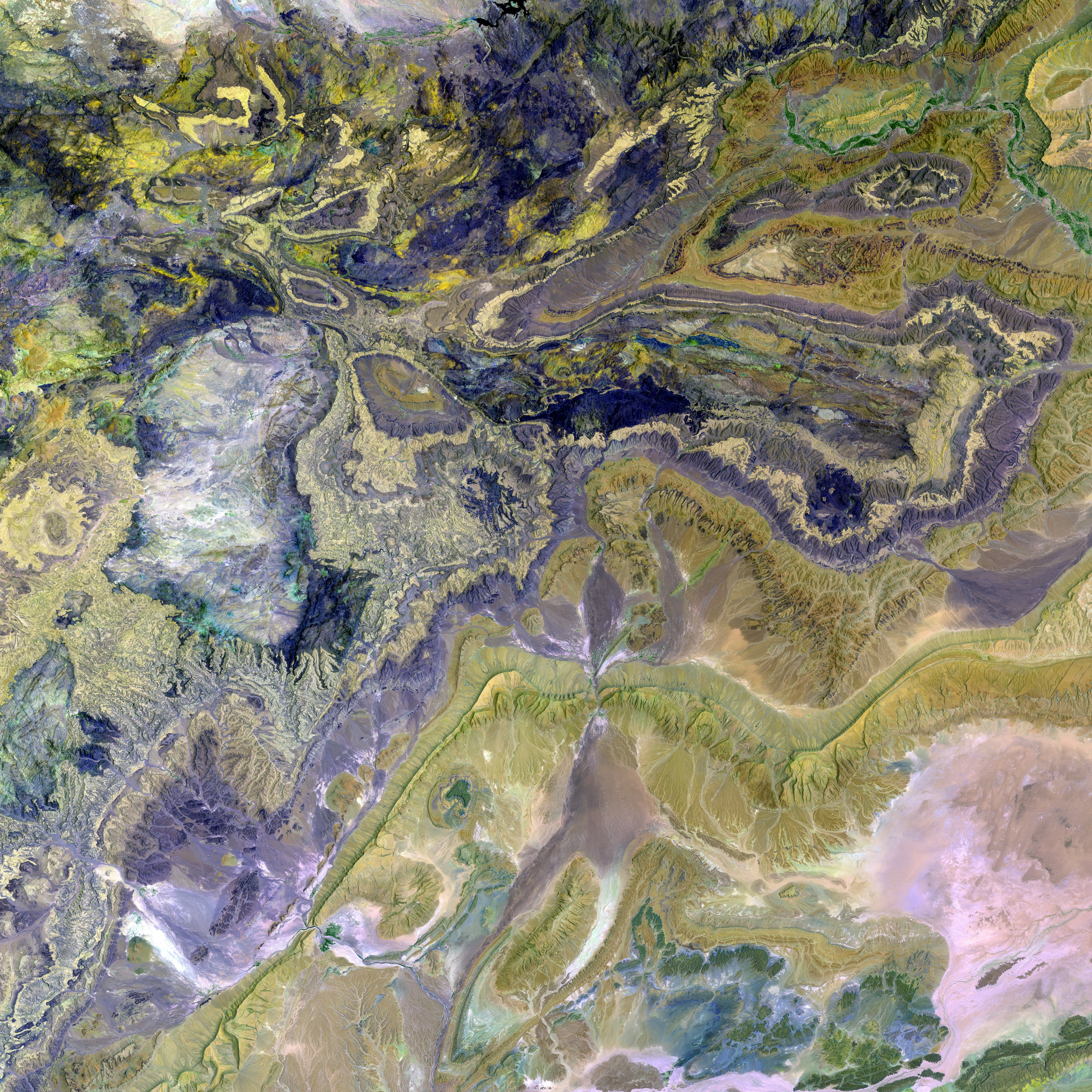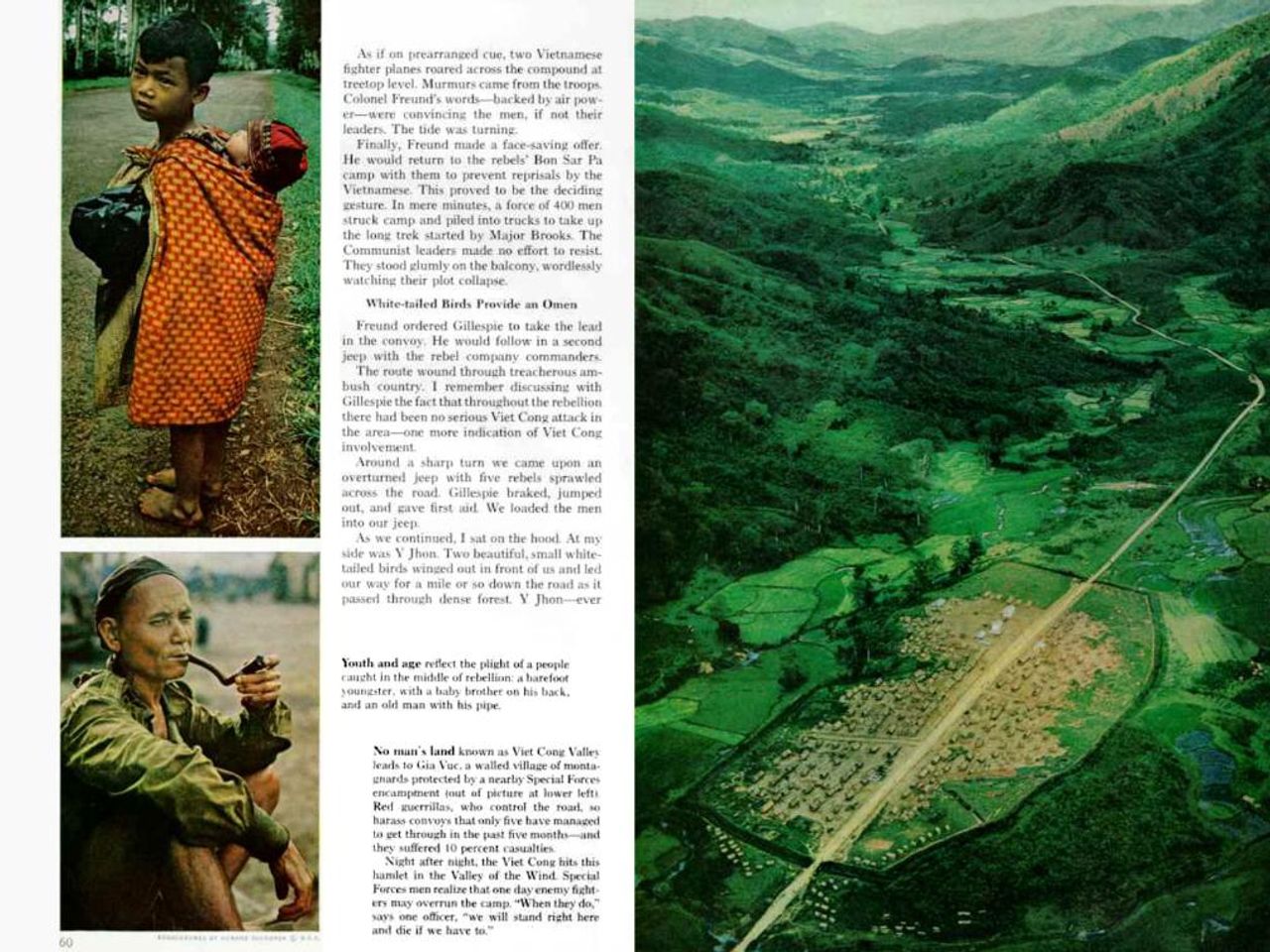Cross-border skirmish between India and Pakistan
Tensions Escalate Between India and Pakistan Over Kashmir
Following a brutal attack on tourists in the Kashmir region that left 26 people dead, Indian and Pakistani forces have clashed for the fourth night running, as per Indian reports.
On the night of Sunday into Monday, the Pakistani army opened fire, allegedly unprovoked, with small arms across the Line of Control, according to the Indian army's statement on Monday. Initial reports from Pakistan were inconclusive.
New Delhi claimed that their forces responded promptly and effectively. Regrettably, there were no confirmations of casualties. The latest attack occurred in the tourist hotspot of Pahalgam in the Indian part of Kashmir on Tuesday. As per Indian police, two Pakistani nationals were among the gunmen who fled the scene. India accused Pakistan of perpetuating "cross-border terrorism," an allegation that Pakistan vehemently denied.
Reciprocal Retaliations
In light of the escalating tensions, these two nuclear powers have retaliated against each other. Many experts harbor concerns about a military escalation given the current climate. The United Nations, recognizing the potential danger, has urged both countries to exercise "maximum restraint."
Read Further* *Guns Blazing: Kashmir Conflict Boils Over* *Crisis Looms: Kashmir Faceoff intensifies after deadly attacks* *Water as a Weapon: India threatens Pakistan with drought amid escalating tensions
The predominantly Muslim Kashmir region, nestled in the northern Himalayas, has been a bone of contention since India and Pakistan attained independence in 1947. Both nations lay claim to the entire territory and have fought two wars to assert control over the mountainous region.
Insights:
- Escalatory Actions: Both countries have engaged in military drills, reciprocal artillery fire, and enhanced military preparedness. Furthermore, Pakistan's military chief has identified a "swift and resolute response" to any potential Indian strike.
- Risk of Conflict: Political pressures, increased rhetoric, and the presence of nuclear arsenals have increased the possibility of a conflict. In particular, India's hardened stance since 2019 and the risks to regional stability are of significant concern.
- UN and International Response: Pakistan has appealed to the international community for intervention, but the UN has yet to play an active role in de-escalating tensions.
- Local Impact: The civilian population in Kashmir is grappling with heightened stress, psychological trauma, and economic disruption due to the ongoing military activities in the region.
- The recent escalation of tensions between India and Pakistan, sparked by the attack in Kashmir, has led to a series of reciprocal retaliations between the two nuclear powers, raising concerns about a possible military escalation.
- The United Nations, recognizing the potential danger, has urged both countries to exercise maximum restraint, as the current climate continues to foster political pressures and increased rhetoric that increase the risks of a conflict.
- In the predominantly Muslim Kashmir region, the ongoing conflict, which dates back to the years following India and Pakistan's independence in 1947, has intensified, resulting in increased civilian stress, trauma, and economic disruption due to continued military activities.
- As the war-and-conflicts domain in general news outlets continues to report on the crisis, it's essential to monitor the situation closely, following developments in crime-and-justice as well, given the allegations of cross-border terrorism heightening the already volatile state of affairs.
- Despite Pakistan appealing to the international community for intervention, the UN's response has yet to be substantial, while neither side seems to be backing down, with Pakistan's military chief emphasizing a "swift and resolute response" to any potential Indian strike.








